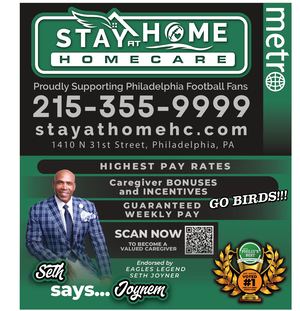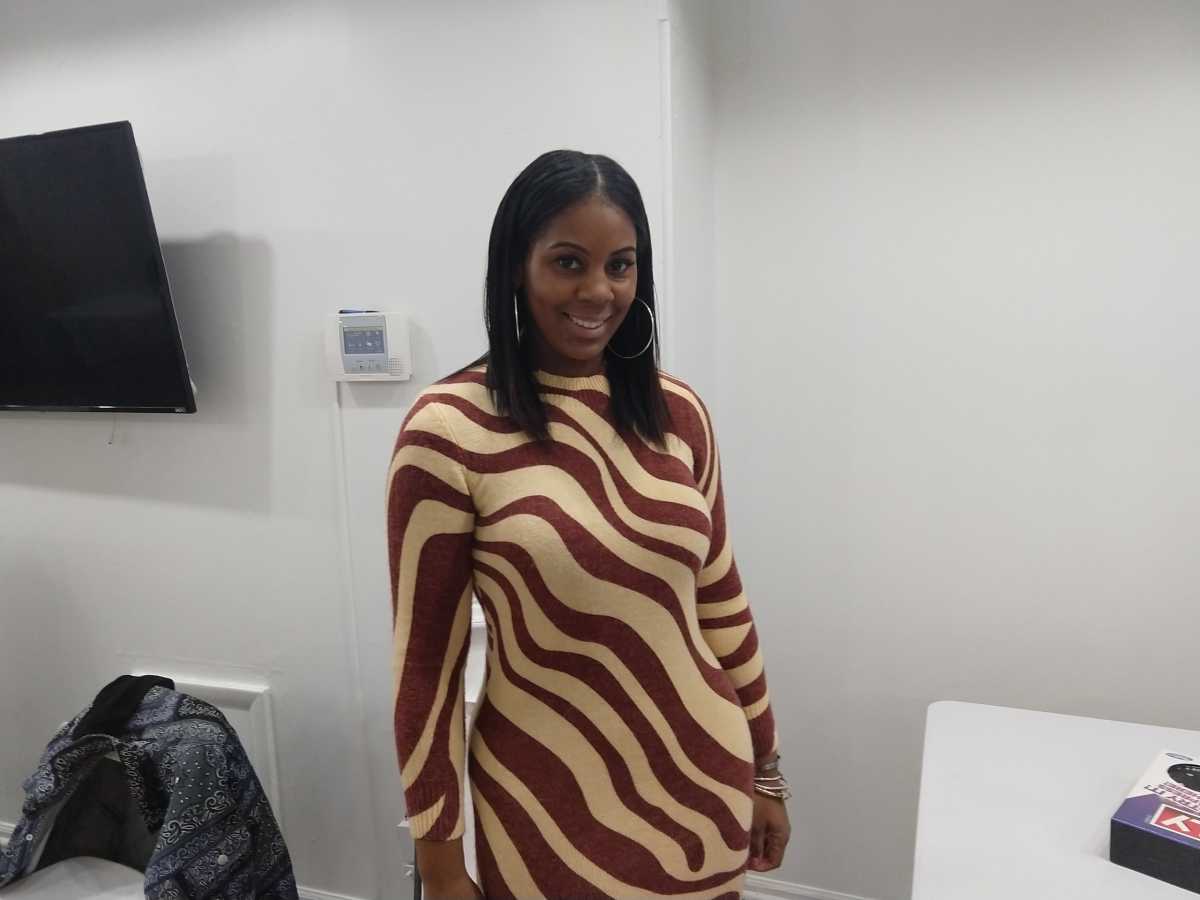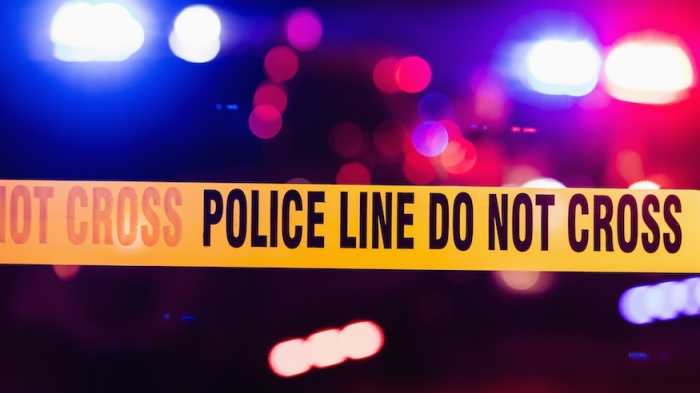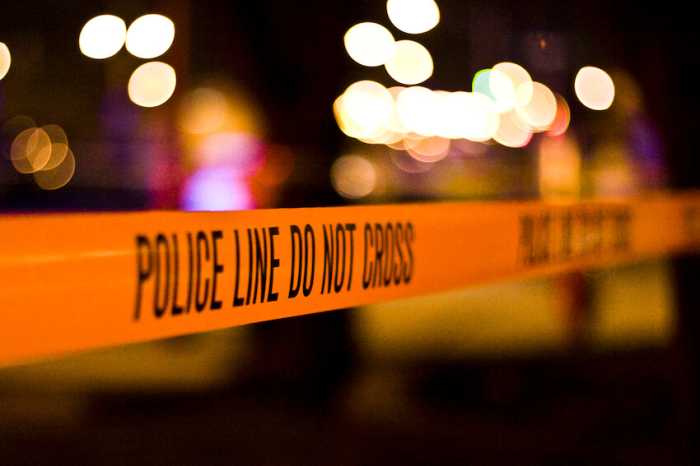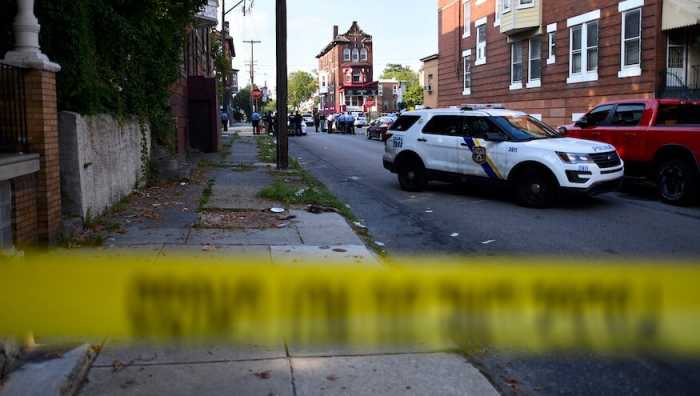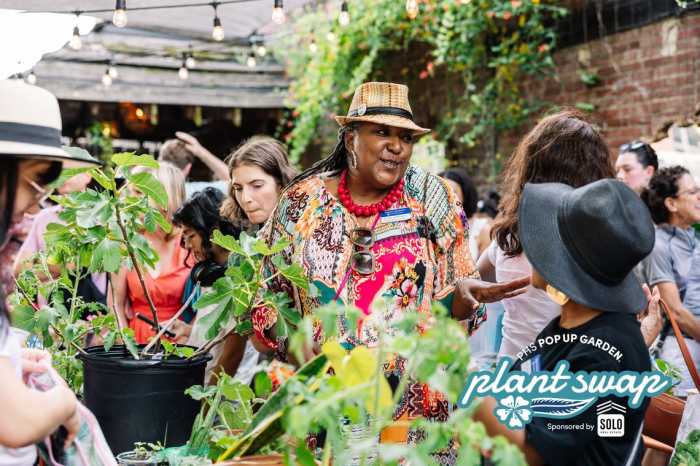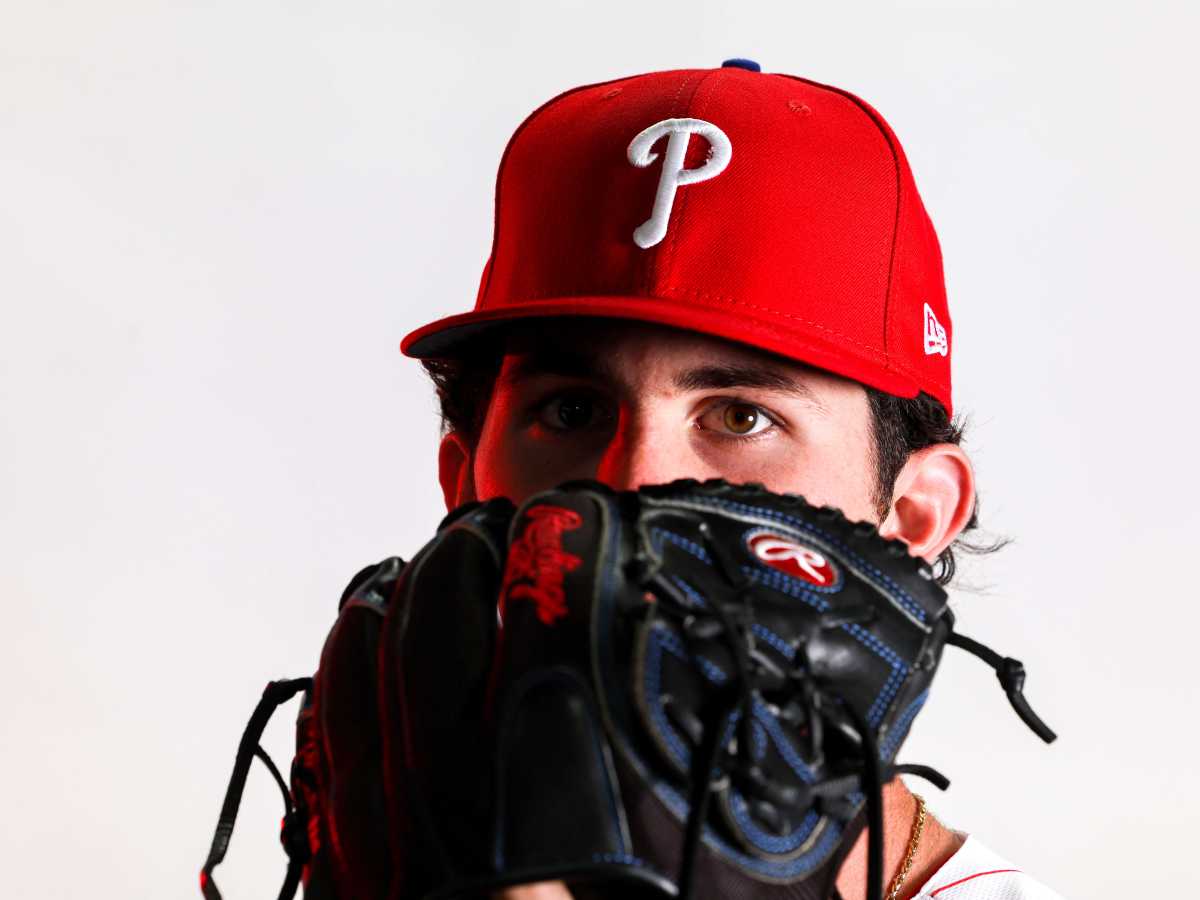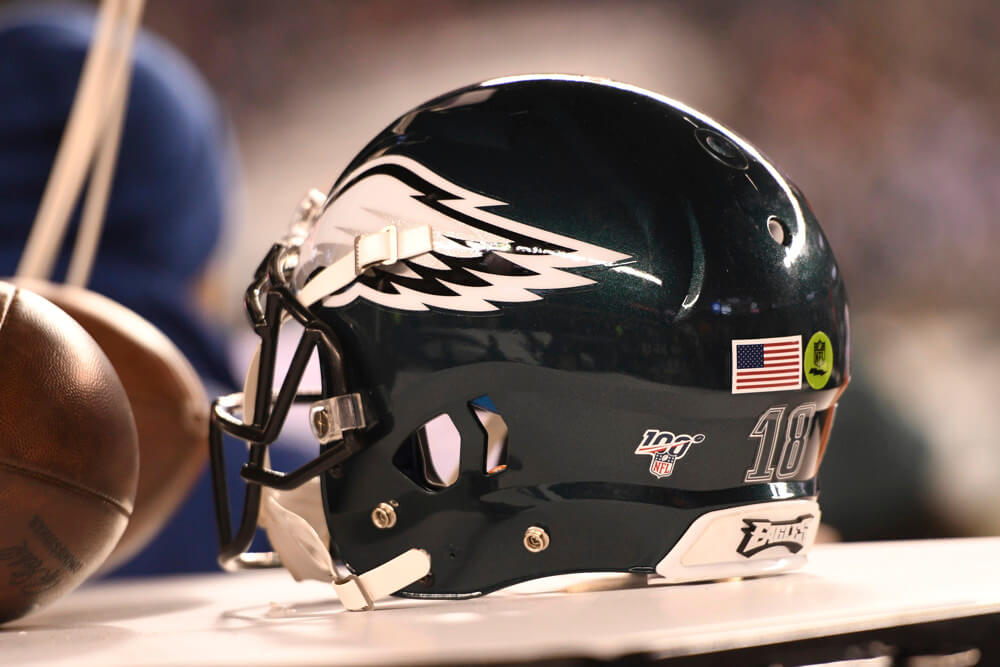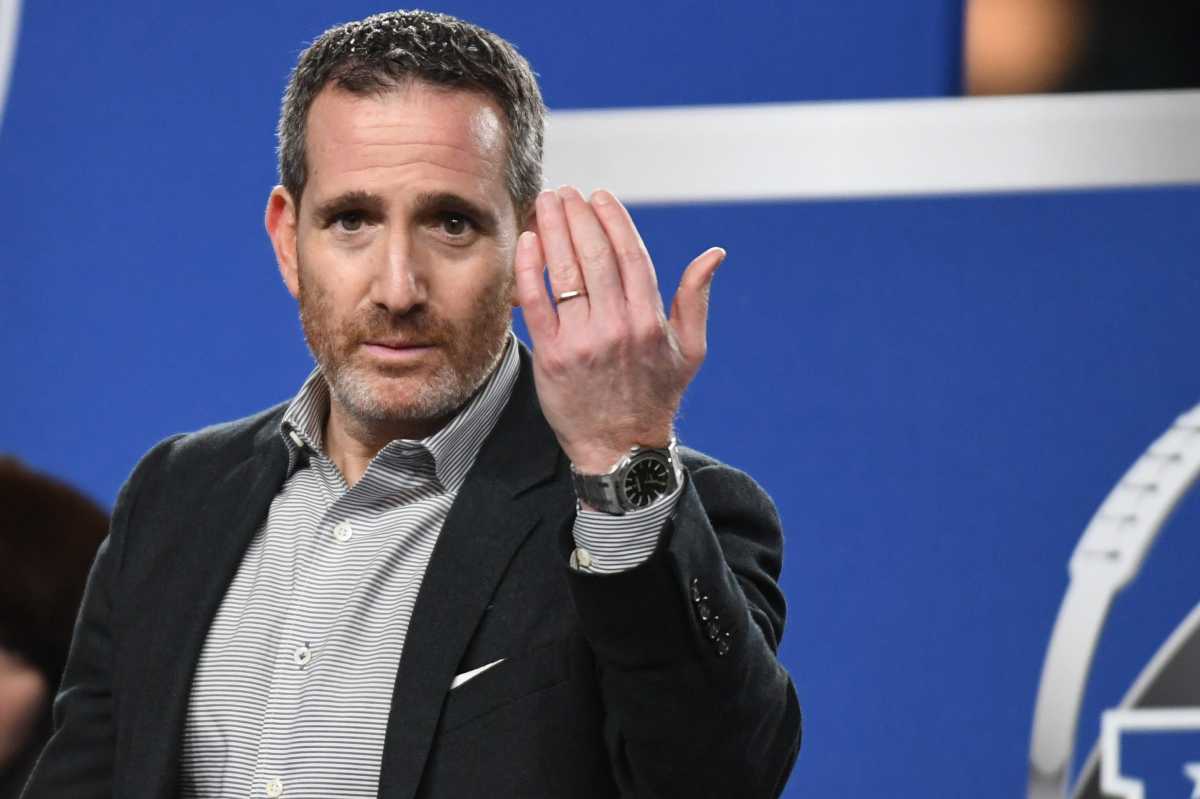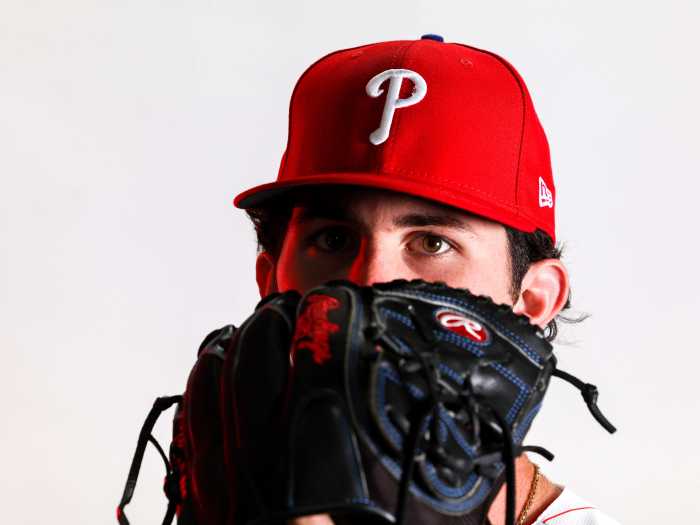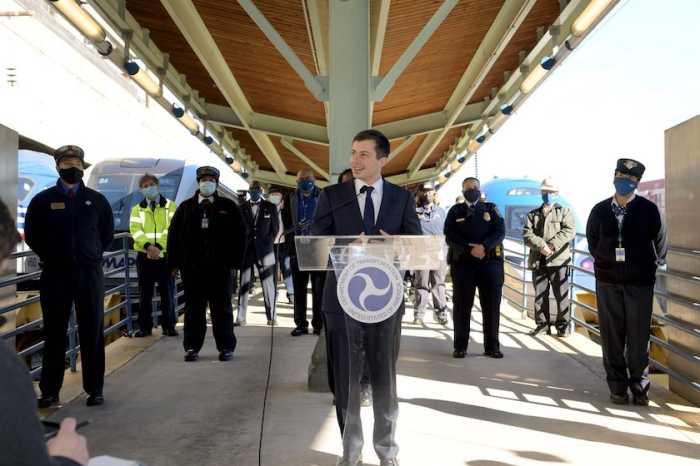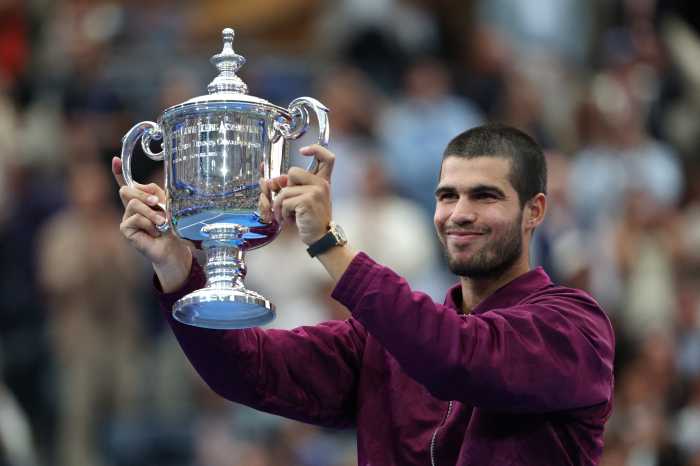On Sunday evening, Heather Lewis sat in a room with dozens of Black women and men — a growing group of families affected by gun violence in the Philadelphia region — when her trauma surfaced, and she understood, for the first time, that her son, too, was shot.
Although her son survived being shot five times, Lewis, a restorative justice and trauma-informed care advocate who runs Montgomery County’s Reuniting Family Bail Fund, never processed the situation in a way that brought healing. In a city so focused on stopping violence, Lewis remains one of the thousands trapped in the emotional aftermath of an incident already committed and long forgotten.
According to Lewis, her unaddressed trauma isn’t in isolation, as her son also struggles to express his feelings regarding the violence he suffered. Watching her son, Lewis sees a frustrated young man triggered into silence — and she’s unaware whether fear or anger is the dominant emotion. She said that Black men, more than most, carry a heavy burden on traumatic experiences like gun violence.
“Black men, especially, feel like they don’t have permission to be human, to have that human experience, and have all of those — that range of human emotion that all human beings have,” Lewis said. “To be a Black man in America you don’t have permission to do anything.”
“I think we’re seeing it on the streets of Philadelphia and the surrounding community,” she added. “When you’re repressing your feelings and you’re not allowed to express yourself freely, it’s going to come out in a negative way.”
Over the weekend, Akea’s Heart, a nonprofit organization offering youth-mentoring, relationship-building, parenting skills, and other mental health resources through a culture of accountability, held “A Day of Support For Families Who Have Been Affected by Gun Violence.”
Led by founder Akea Pearson-Williams, a licensed therapist focused on domestic violence and trauma settings, the event shed light on trauma and available mental health resources for those family members, friends and loved ones in attendance. Most of the people seeking support at the LUXE Event Space on Castor Avenue, where the event was held, were from the city’s Black community, highlighting Councilperson Jamie Gauthier’s recent assertion that Philadelphia’s ongoing homicide problem is a racial justice issue.
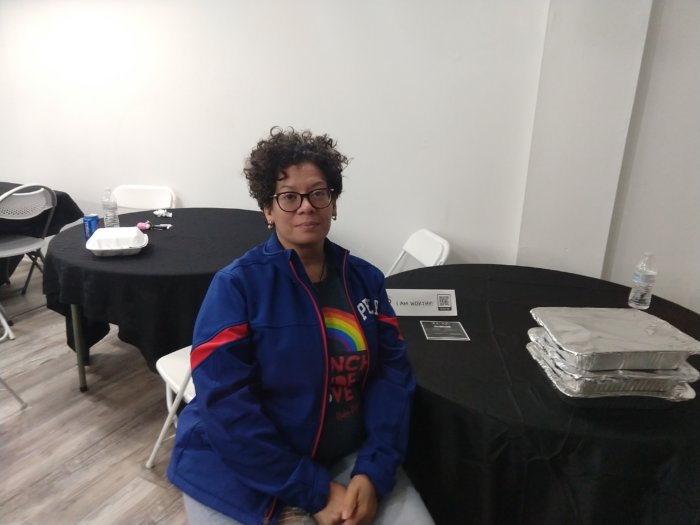
According to both the data and Gauthier, Black and brown communities, to an overwhelming degree, are made to feel unsafe, with many families in majority people-of-color neighborhoods in Philadelphia afraid to walk to school or work or to allow their children to play outside. The councilperson said that a response that is neither urgent nor comprehensive sends the message to people in these communities that the city doesn’t care about them.
“We can see through data that the neighborhoods that are suffering from gun violence are the same ones which government has failed to invest in, in a variety of ways, whether we’re talking about housing, or schools, or rec centers,” Gauthier said. “Why should the only answer, the only thing that you give back to people be a police response?”
Last week, Gauthier teamed up with City Controller Rebecca Rynhart, putting out a statement criticizing what the two called Mayor Kenney’s inaction on the gun violence issue. For over a year now, efforts to have the mayor declare a gun violence emergency, in a similar vein to the city’s opioid declaration, have gone unanswered.
In contrast, a proposed plan to focus resources — including trauma services — on those neighborhoods most affected by gun violence remains in limbo. City Council did receive $68 million, out of a requested $100 million for intervention and prevention services, with a portion dedicated to trauma services, but more is needed.
“We need to wrap our arms around people,” Gauthier said. “We need to wrap our arms around them to help them heal as individuals and we also need to offer trauma and mental health services to cut down on the cycle of violence.”
But as Gauthier continues to push the mayor’s office, and city officials bicker and blame and throw money at the problem, Philadelphians in the city’s most affected neighborhoods still struggle with the ever-present trauma surrounding gun violence.
On Sunday, dozens of women — and a few men — sat in an event space in Northeast Philadelphia, discussing the issues they face in schools and on the streets, at home and work, and the challenges they face expressing themselves as Black people in America. During this time of year, Akea Williams sees so many toy drives and holiday parties but, knowing that so many face unaddressed trauma, she wanted to create a space where people could share and find support.
And, as an expert in trauma services, Williams knows that people in the city can’t wait for the mayor to take action — with so many struggling, she wants to see more money and effort put toward therapy services now.
“[Gun violence happens] so much that it’s a norm to people,” Williams said. “This has become our everyday life. Every day, five, six people are being murdered. So, it’s not hard to talk about it. It’s hard to process it.”
“That’s the part that therapy helps with, helping you heal and process the trauma that you’re going through,” she added.
Anyone who feels the need to reach out for help this holiday season can contact Akea’s Heart at 267-625-2895 or akeasheartinc@gmail.com.
